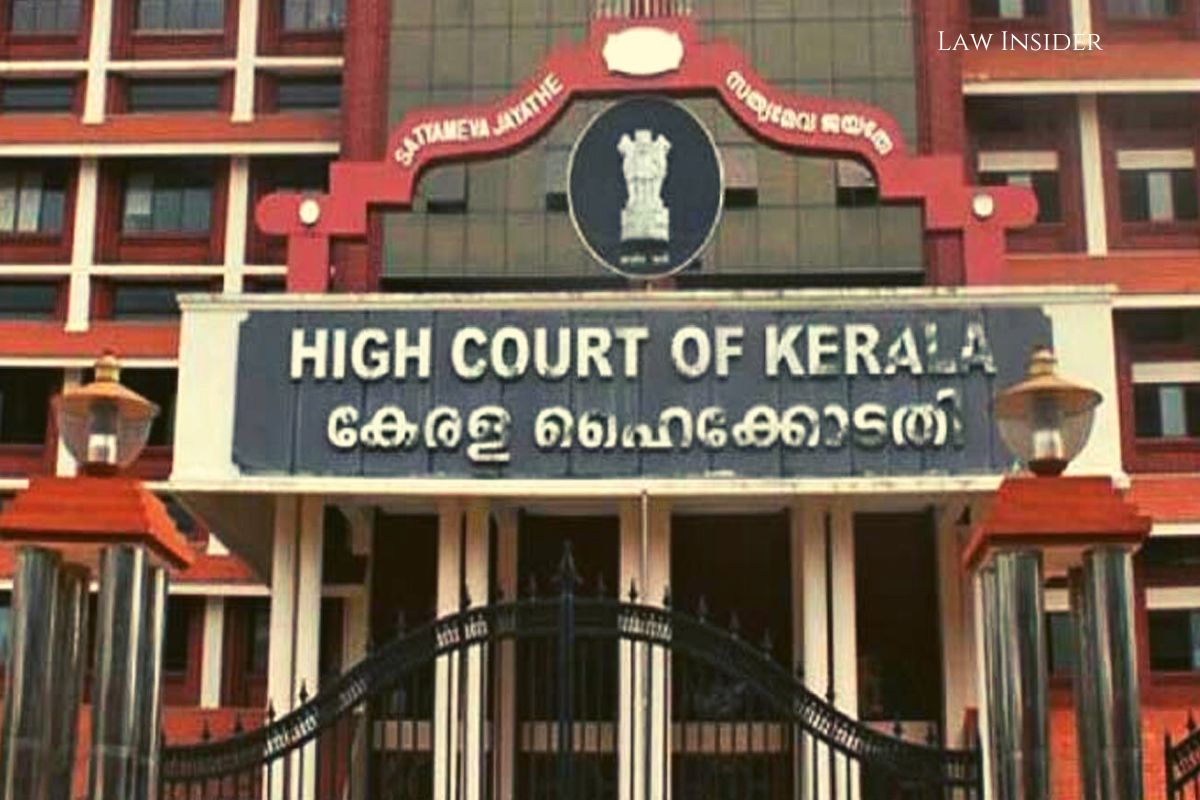Khushi Bajpai
Published on: 19 August, 2022 at 19:36 IST
A 14-year-old rape victim was given permission by the Kerala High Court on Tuesday to end her 28-week pregnancy.
After noting that a medical board had advised against continuing the pregnancy because the “anguish generated by the continuation of pregnancy can be considered to create a grave impairment to the mental health of a 14-year-old unmarried girl,” Justice VG Arun issued the ruling.
The court was considering a request to end an underage girl’s pregnancy that was the result of rape.
The youngster would sustain significant emotional injury if the pregnancy continued, according to the board’s findings, which were reached after the court ordered the creation of a medical board to evaluate the unborn child.
Based on the board’s recommendation, the court approved the abortion in a government hospital and ordered the Superintendent of Police to act right away to form a medical team to perform the procedure.
The Court further stated in its order that the state and its agencies shall assume full responsibility and provide medical support and facilities to the child, as may be reasonably possible, while keeping in mind the child’s best interests and the statutory provisions in the Juvenile Justice (Care and Protection of Children) Act, 2015, if the baby is born alive and the petitioner is unwilling to accept responsibility for the baby.
Advocates Murali Manohar and Babu Paul defended the petitioner.
According to the Medical Termination of Pregnancy (MTP) Act of 1971, the maximum gestational duration up to which a pregnancy can be terminated is 24 weeks. However, Section 3(2)(b) permits abortion after 24 weeks for some groups, like sexual assault survivors.
Several constitutional courts around the nation have been debating the topic of abortion at advanced stages of pregnancy.
A 13-year-old girl recently received permission from the Kerala High Court to end a 30-week pregnancy that was the result of her own sibling’s rape. The Court identified easy access to porn and inadequate sex education as contributing factors to the rise in teen pregnancies in its order approving the termination.
Even if the pregnancy resulted from consensual sex, the Supreme Court has been wary of courts adopting too restrictive views in interpreting the MTP Act and Rules.
The Delhi High Court’s refusal to allow abortion on the grounds that the pregnancy was longer than the 20-week limit imposed by the Medical Termination of Pregnancy Act (MTP Act) and the MTP Rules for ending pregnancies resulting from consensual sexual relationships was overturned by a bench of Justices DY Chandrachud, Surya Kant, and AS Bopanna.

